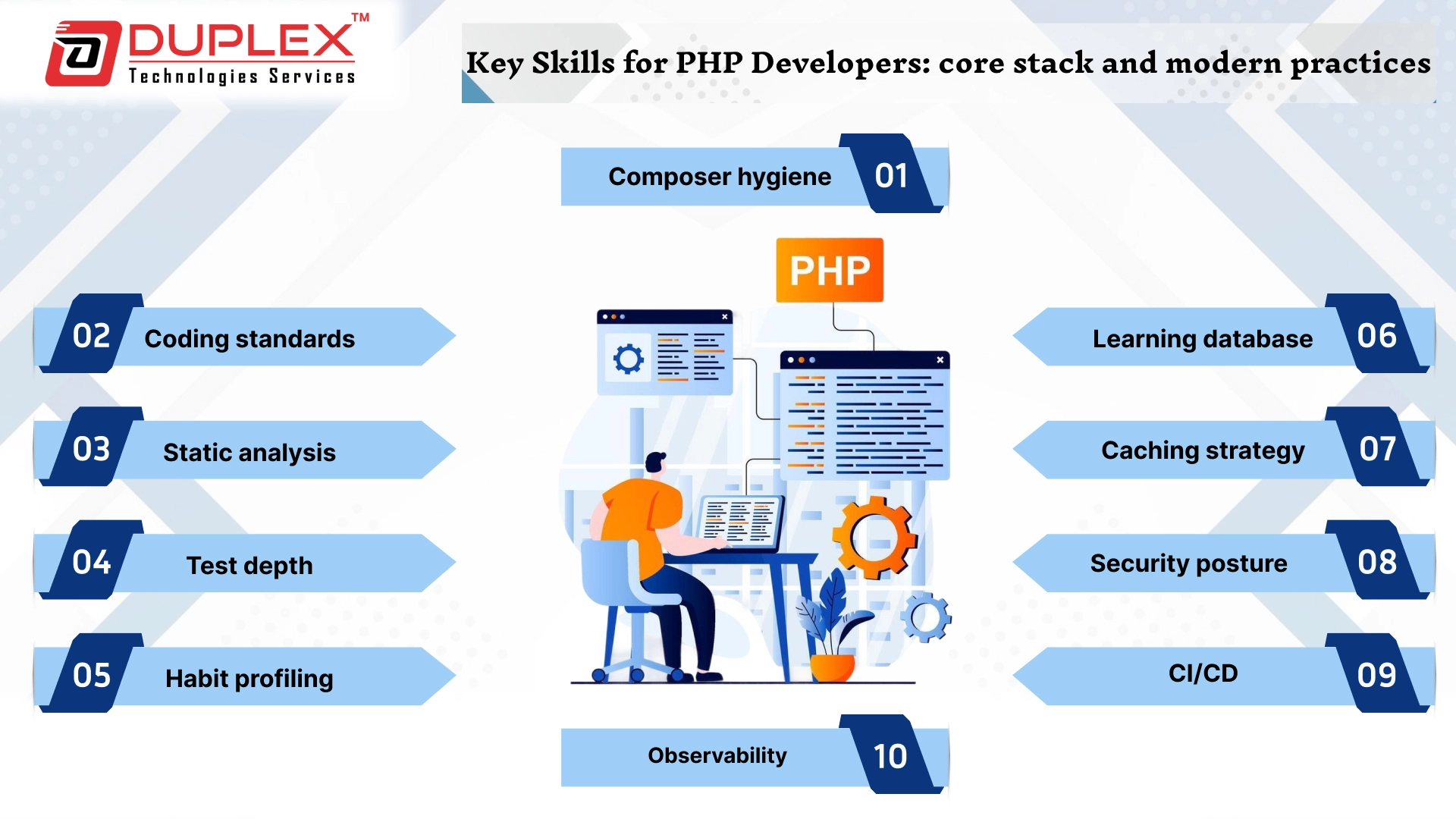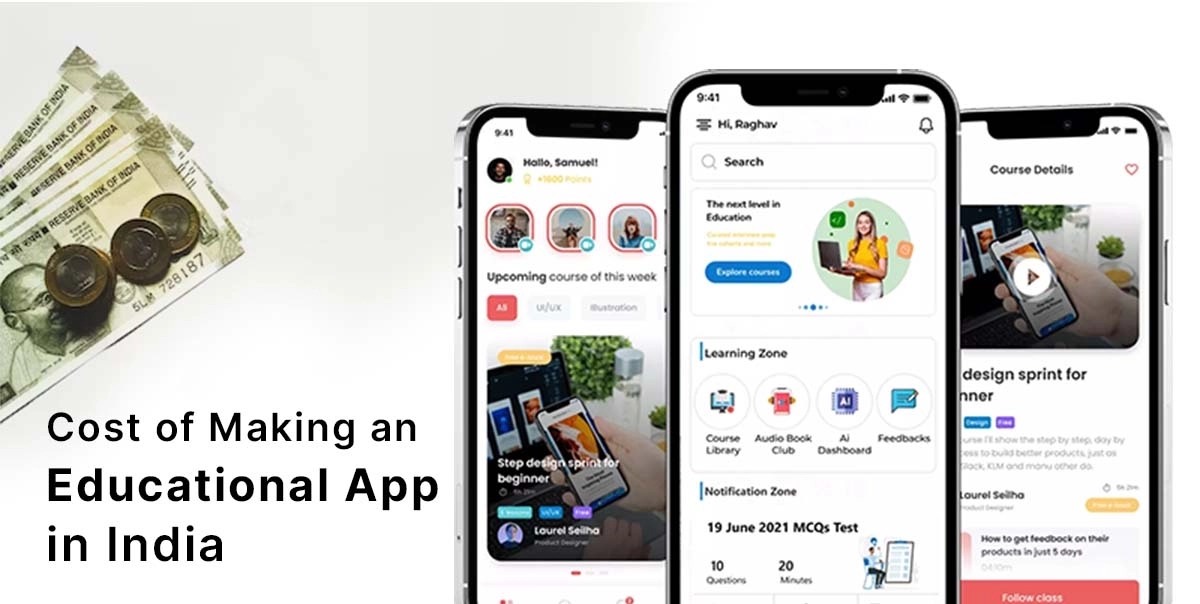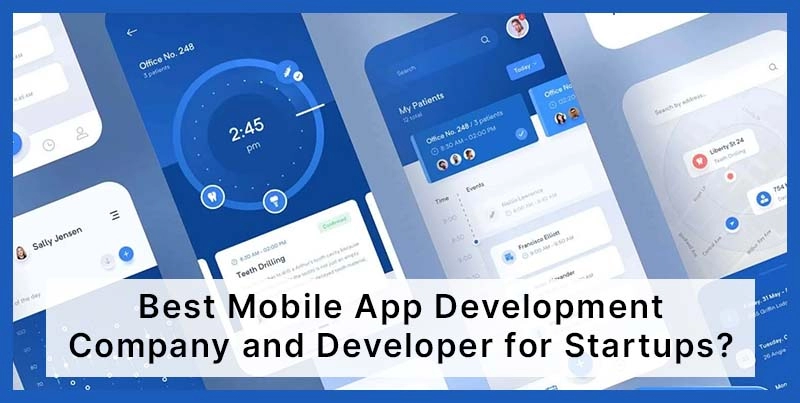Key Skills for PHP Developers — Essential Technical & Soft Skills

Posted By : Anand, Posted Date : Aug 19, 2025
PHP developer skills: what CTOs must verify
When you evaluate partners or applicants, require evidence, not opinions. A great team delivers a living engineering playbook, consistent standards, and delivery metrics tied to business goals. Require framework expertise within Laravel or Symfony; disciplined dependency management using Composer; code and conventions to PSR-12; and strict static analysis using PHPStan or Psalm with clear, incrementally rising thresholds. Quality must be enforced in pipelines, not vowed in meetings—tests that run, security scans for common weaknesses, and smoke tests tied to release gates. Performance maturity exists in intentional profiling using Blackfire or similar tools, a cache strategy greater than "add Redis," and database changes written for zero downtime. If you read only two sentences of a proposal, make sure you see php developer skills translated into measurable delivery and a roadmap that aligns with the actual Key Skills for PHP Developers your environment demands.
Quick Takeaways
- Request recent profiling sessions and pre/post latency measurements.
- Verify standards (PSR-12), static analysis, and test execution in the pipeline.
- Discover a cache and indexing approach, but not the name of the framework.
Table of Contents
- Qualities of PHP developer: evaluation signals hiring teams should validate
- Skilled PHP developer: What separates mid-level from senior talent
- Key Skills for PHP Developers: core stack and modern practices
- Benefits of php developers: business outcomes and ROI
- PHP website development: architecture, performance, and security essentials
- PHP developer skills: bonus—2025 hiring checklist and due-diligence guide
- PHP developer skills: bonus—questions smart buyers ask agencies
- Why Choose Duplex?
Qualities of PHP developer: evaluation signals hiring teams should validate
Aside from syntax, the most powerful signal is ownership. Brilliant engineers make trade-offs, document decisions, and optimize for change over heroics. Check for architecture fluency—understanding when a simple MVC layer will suffice and when to hide business logic behind ports and adapters. Check for clean communication in the form of brief pull requests, rollback steps, and brief design notes describing why, not what. Security should be the default: mitigation of OWASP Top 10 threats, proof of secret management discipline, and a dependency update cadence. Reliability appears in the form of small, infrequent releases with rollbacks that actually get used in practice. In interviews, have candidates walk you through a real-world incident: what went wrong, how they diagnosed it, and what guardrails they put in place afterwards. Those are the habits that stick with php developer maturity—and the strongest signal that you'll hire a skilled php developer who raises team standards rather than adding mere headcount.
Skilled PHP developer: What separates mid-level from senior talent
Senior engineers work with facts, not myths. A skilled php developer talks fluently about profiling traces, cache hit ratios, and database query plans—and accompanies that with an executable plan to optimize each. They don't write N+1 queries, choose indexes with intent, and decide pagination and rate limits ahead of time before performance panics force the shift. Their pull requests are short change briefs: scope, risk, test plan, and rollback plan. They write contracts for REST or GraphQL and respect idempotency and conditional requests to keep the load down. Security is a habit, not a task, with regular dependency and secrets review. Above all, they empower the team: PR templates, deployment checklists, and "how to roll back" notes that a new hire can run at 3 a.m. These habits illuminate the underlying virtues of php developer excellence and separate long-term maintainers from short-term feature deployers.
Key Skills for PHP Developers: core stack and modern practices

Modern teams succeed by normalizing the dull, high-leverage fundamentals. Core Key Skills for PHP Developers are solid framework idioms, deterministic dependency management, automated style and static analysis, and tests that cover logic as well as integrations. Great teams also address observability as a first-class feature: structured logs, traces you can follow, and metrics dashboards that guide release decisions. Performance expertise is consistent profiling, careful cache keys and TTLs, and well-selected database indexes. Security is ongoing—dependency scanning, least-privilege access, and automated checks for common web mistakes. For delivery, favor artifact-based deployments and staged rollouts with explicit stop conditions. If you need a short summary list for leadership review, that's the foundation of the 10 best Key Skills for PHP Developers you'll want to see represented in contracts, resumes, and proposals.
Composer hygiene
Make structure dependencies concrete. Signals: batched updates, audited license/vulnerability reports, checked-in lockfile. Result: quicker patches and fewer surprise breaks.
Coding standards
One style to rule them all (PSR-12) with auto-checks.
Implications: clean, consistent PRs and efficient reviews.
Outcome: less painful onboarding and fewer "style" wars.
Static analysis
Tools catch bugs sooner than people. Indications: PHPStan on level ~7–8 or Psalm in strict mode with tighter and tighter bounds over time. Result: safer refactors and fewer production regressions.
Test depth
Tests that expose behavior, not code. Signal: unit + integration + API contract tests; enforced, explicit coverage floors. Result: predictable, scheduled releases.
Habit profiling
Decision made on the actual trace, not on estimates. Indications: consistent Blackfire/Xdebug performance, written p95/p99 budgets, and reacting to results. Result: quicker pages without overprovisioning.
Learning database
Queries are designed, not hoped for. Signs: EXPLAIN usage, the right indexes, consistent pagination, and planned zero-downtime migrations. Outcome: stable performance at scale.
Caching strategy
Purposeful cache, not accidental. Signs: well-named keys, sensible TTLs, clear invalidation policies, and tracked eviction behavior. Outcome: fewer database hits and lowered latency.
Security posture
Security as a continuous process, not as a yearly project. Indications: OWASP Top 10 controls, secret rotation, regular dependency and app scans. Lower risk and faster compliance checks.
CI/CD
expertise Small, reversible by default deployments. Indications: artifact-based deployments, canary/blue-green rollouts, smoke checks, and automated rollback on SLO violations. Outcome: reduced fire drilling.
Observability
Catch issues before users notice. Indications: OpenTelemetry traces, structured logs, Prometheus/Grafana dashboards, and SLOs used for go/no-go. Outcome: faster diagnosis and less stressful on-call.
Benefits of php developers: business outcomes and ROI
The real benefits of php developers writing this way are fewer surprises and more timely releases. On one anonymized payments SaaS we supported (May–July 2025), traffic peaked around 15,000 requests per second. After we fixed an endemic N+1 pattern and cleaned up cache keys, checkout p95 decreased from 420 ms to 170 ms. The Redis cache hit ratio increased from 62% to 92%. And because release gates and canaries caught issues early, the team moved from weekly deploys to around eight per day. These figures were from production Grafana dashboards (p95 in one-minute windows) and Blackfire sessions captured during the engagement. That disciplined php website development translates to business wins on a daily basis: quicker iteration, quieter on-call, and reduced infrastructure cost.
PHP website development: architecture, performance, and security essentials
For bulletproof php web development, begin with seams of risk. Keep controllers thin, refactor domain logic to well-named services, and have explicit contracts on data in and out. Get perf budgets up front—set p95 and p99 goals on important endpoints and revisit them as features. Treat the cache as a product: choose keys you can think through, set TTLs and invalidation hooks, and keep an eye on evictions and hit ratios. Deploy db changes with zero downtime, and normalize pagination and limits to avoid read paths. On security, bake in secure defaults: CSP headers, secure cookies, CSRF protection on state-changing actions, rate limiting on sensitive endpoints, and periodic checks for vulnerable libraries. String all this together as release criteria so teams can know when work is actually "done" and safe to deploy—every time.
Rapid Takeaways
- Sync with latency budgets and check them where leaders will indeed check.
- Think about caching a design issue instead of an anti-slowness solution.
- Make "safe by default" auth, data, and headers the default.
PHP developer skills: bonus—2025 hiring checklist and due-diligence guide

Turn interviews into formal validation. Ask for a sanitized repository with representative controllers and services, the team's standards document, and a recent performance profile with summary "what we changed" notes. Ask for the last three release notes to look for cadence and risk framing. Inspect a pull request with test coverage, a rollback plan, and a simple architecture diagram, and ask how the team reliably pushes static-analysis limits higher. For operations, ask for a plain-language incident timeline and assurance that rollbacks are tested, not theoretical. Finally, ask for a cache and indexing plan detailed on one page—keys, TTLs, eviction expectations, and the metrics used to confirm success. That's how you ground php developer skills in verifiable practice and identify the deeper qualities of php developer maturity that pay off under pressure.
PHP developer skills: bonus—questions smart buyers ask agencies
When shortlisting collaborators, use incisive questions to cut through sales buzzwords. What environments do you support and how do you keep them in balance? What's your dependency and security review cycle, and who approves? What profiling tool do you use and when was the last time you took action on its findings? How do you decide between framework conventions and custom abstractions? What are your median and p95 latencies for recent releases, and how do you test them under load? How often do you deploy, and what stops a rollout from going ahead automatically? What's your zero-downtime database change strategy, and when did it break in rehearsal last? Ask for artifacts to back each answer—brief notes, screenshots, and change logs. The right team converts php developer capability into repeatable delivery; the right individual becomes the capable php developer who sets the bar others proudly follow.
Why Choose Duplex?
Duplex Technologies assists:
Do you need an independent audit or a delivery partner handling artifacts and measurable results? Duplex Technologies offers audits, migrations, optimizations, maintenance SLAs, and team augmentation for PHP applications.
- Deliverables, not promises. We present you with artifacts up front—rapid audit, risk list, and 30-day plan.
- Measured metrics. Payment SaaS (May–July 2025): p95 checkout 420→170 ms, Redis hit 62%→92%, deploys 1/wk→8/day (prod dashboards + saved profiles).
- Senior, hands-on team. You meet the people doing the work; no bait-and-switch.
- Operational discipline. PSR-12 standards, Composer hygiene, static analysis, and small reversible releases.
- Security by default. OWASP guidelines, secret rotation, and periodic vulnerability scans.
- Designed to be open. Weekly scorecards; we don't leave runbooks behind so you're not reliant on us.
- Flexible engagement. Audits, performance turnarounds, migrations, maintenance SLAs, or augmentation.
- Require a fast, impartial snapshot of your PHP stack? Call Duplex Technologies.







































